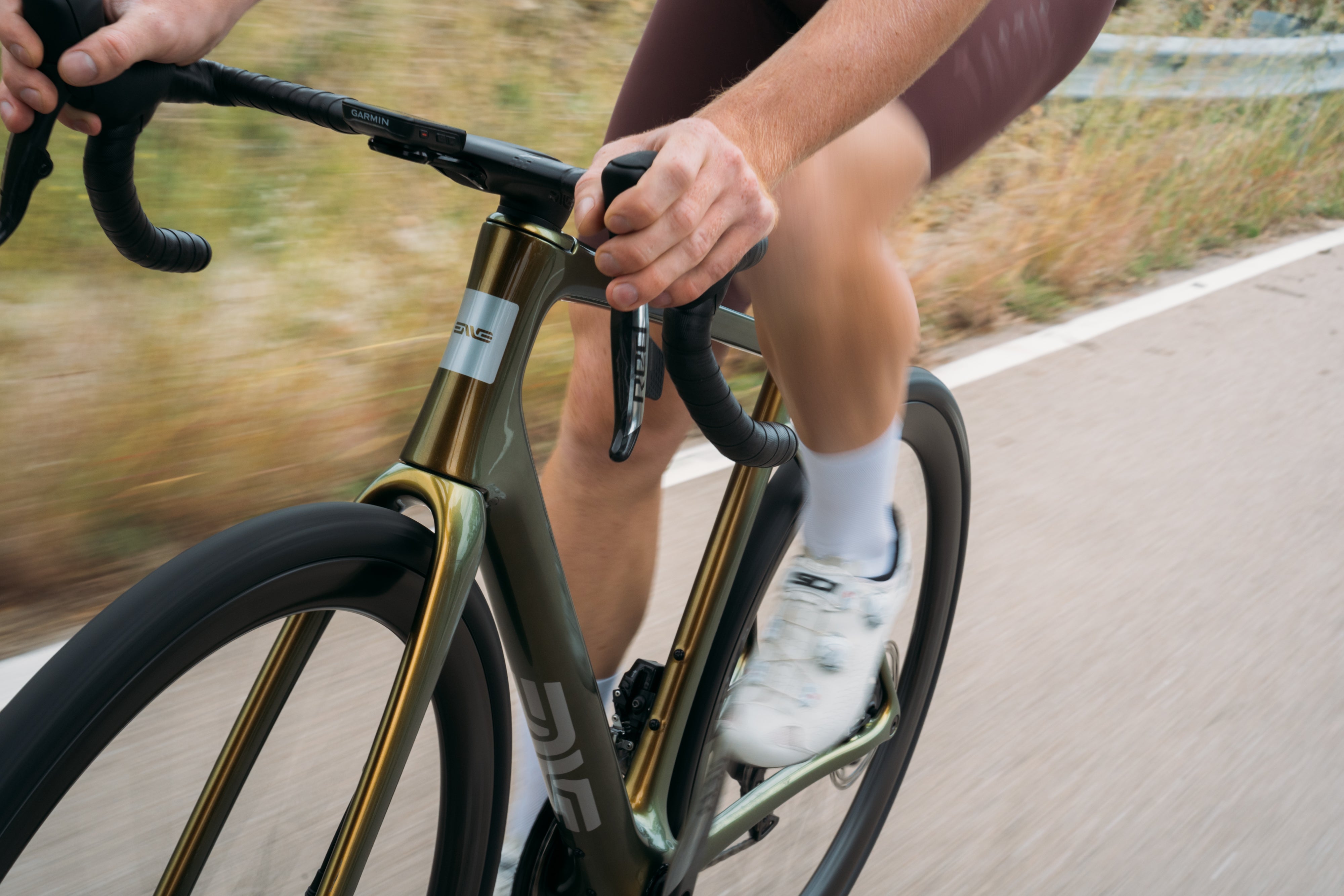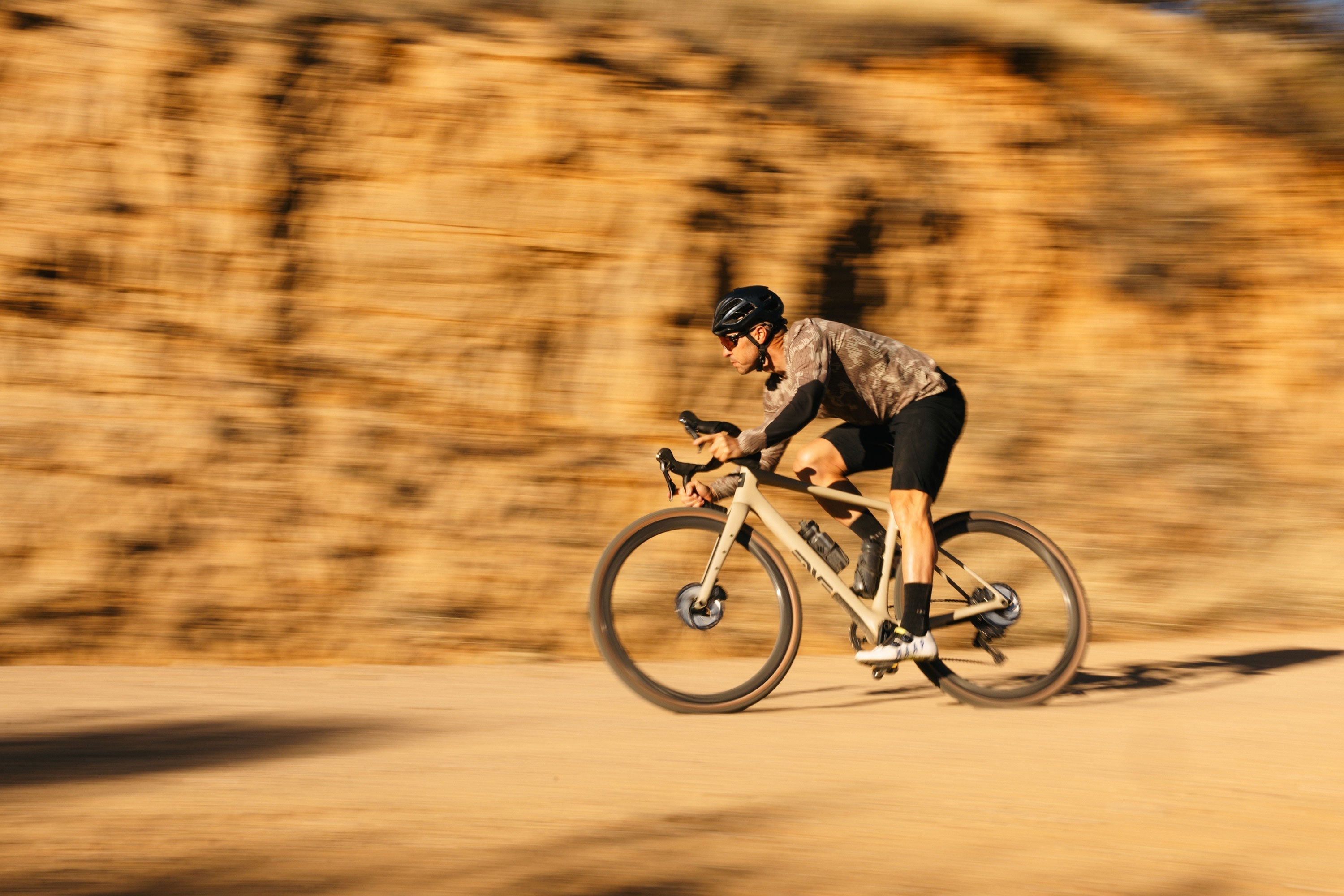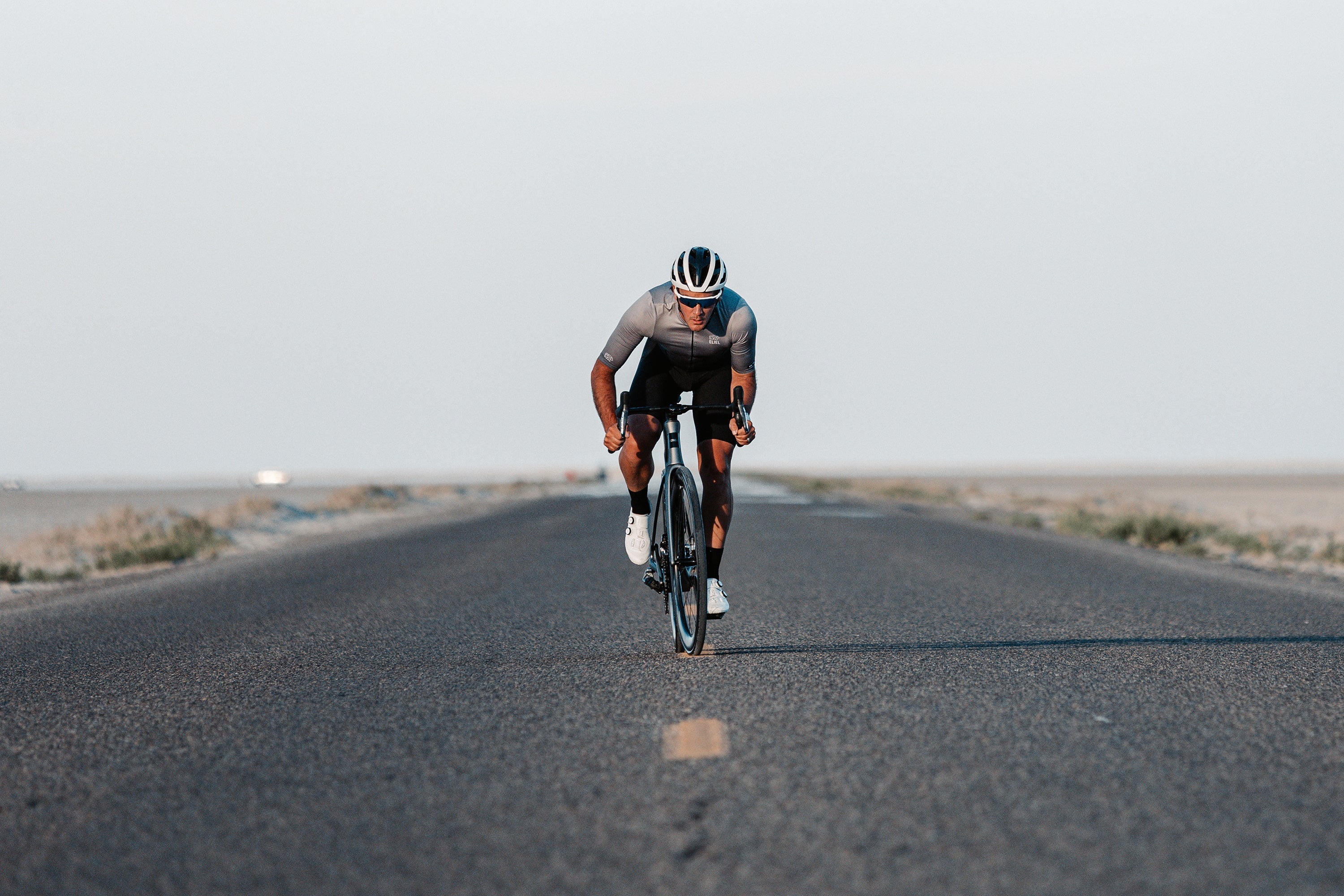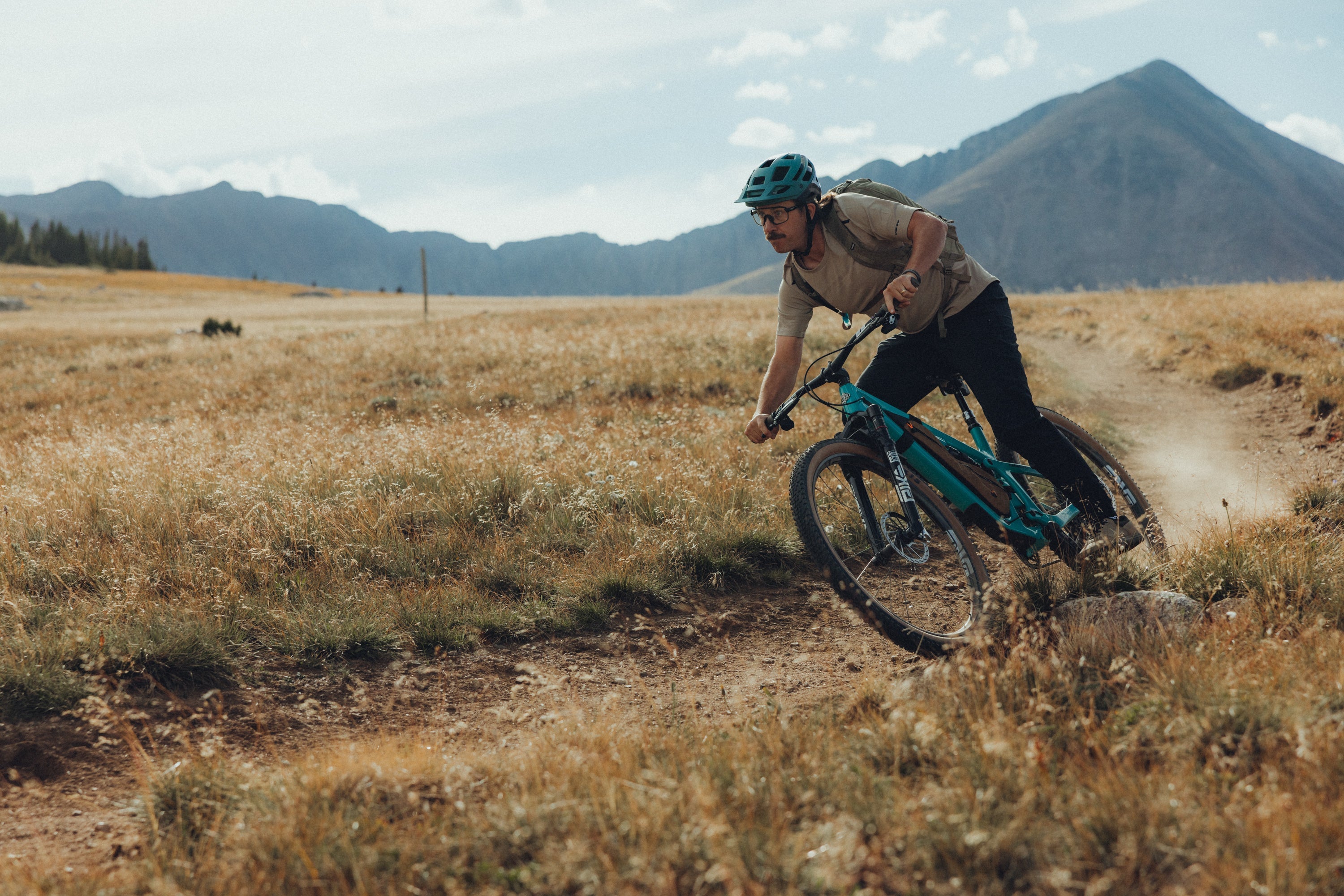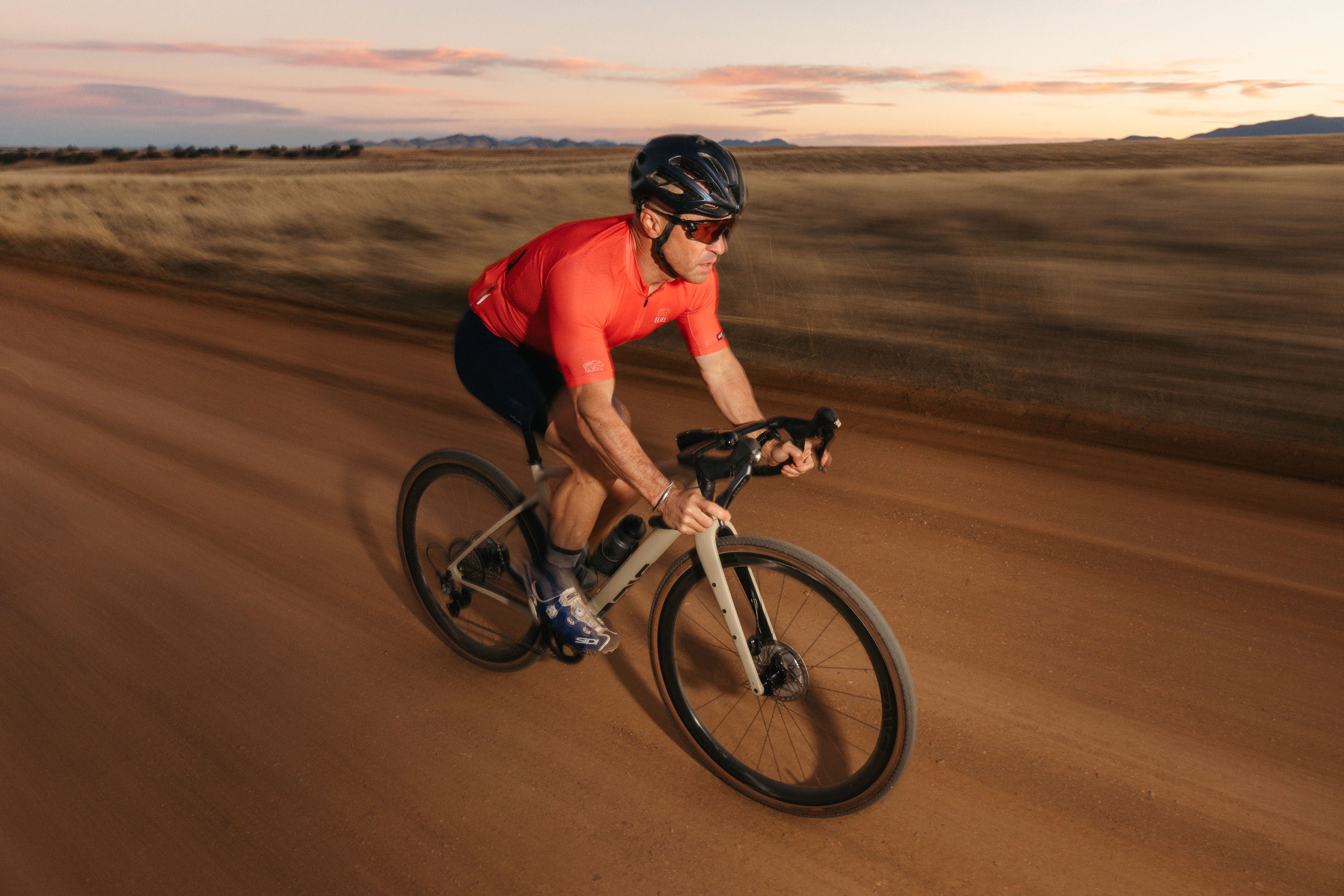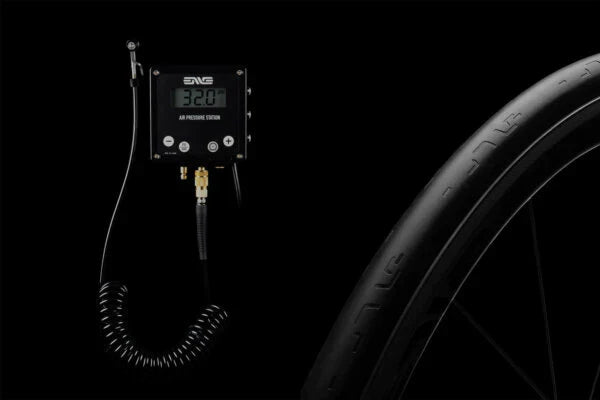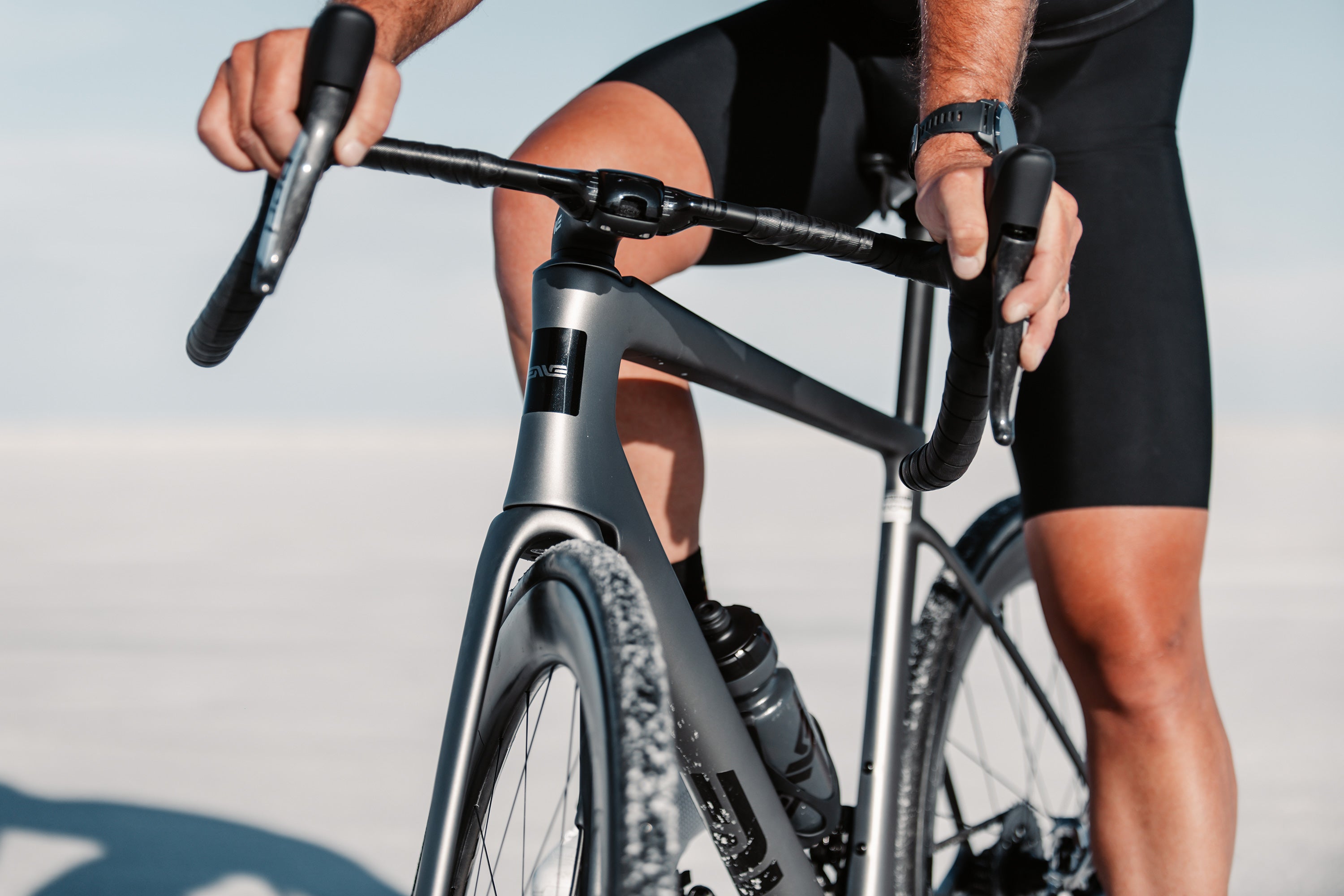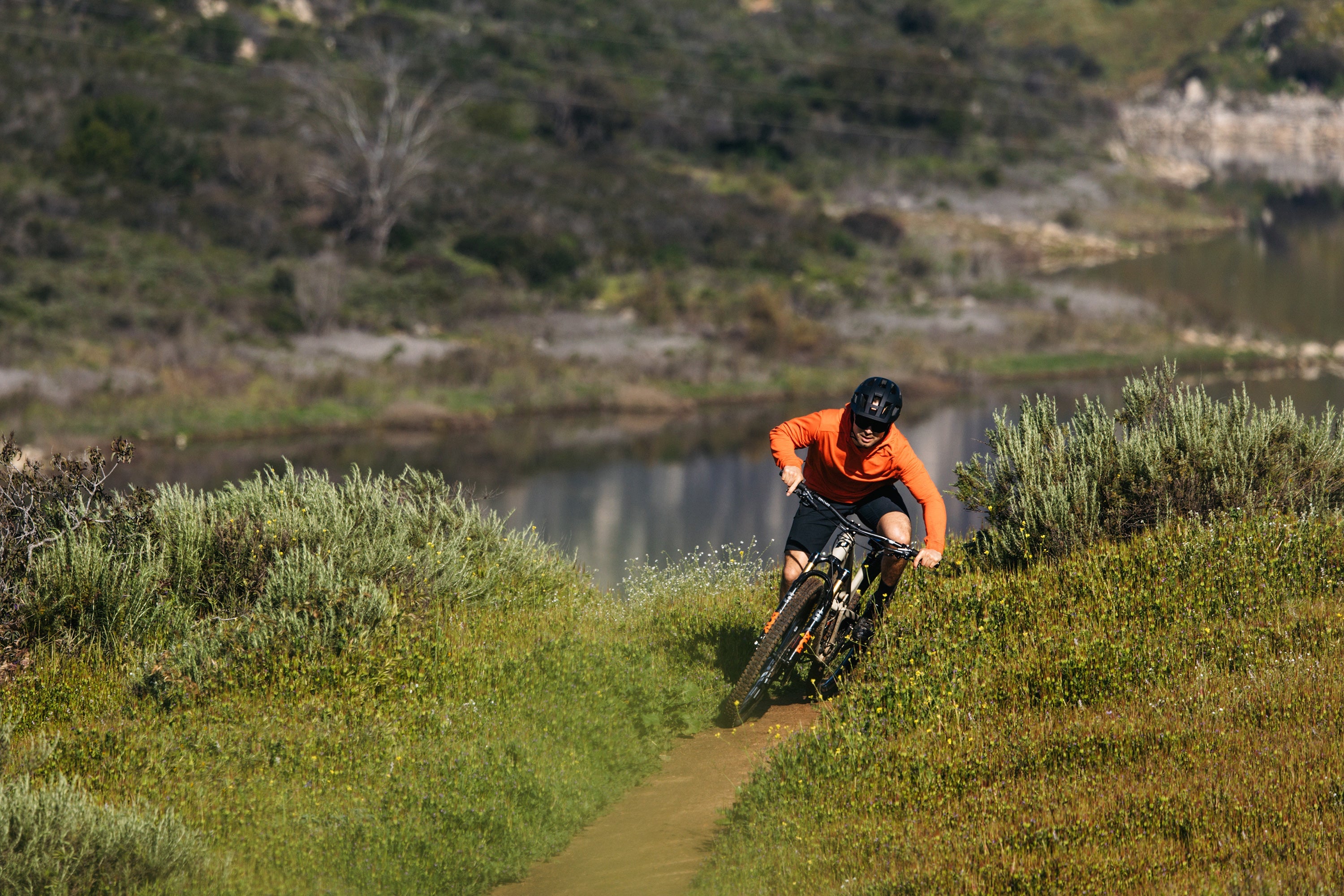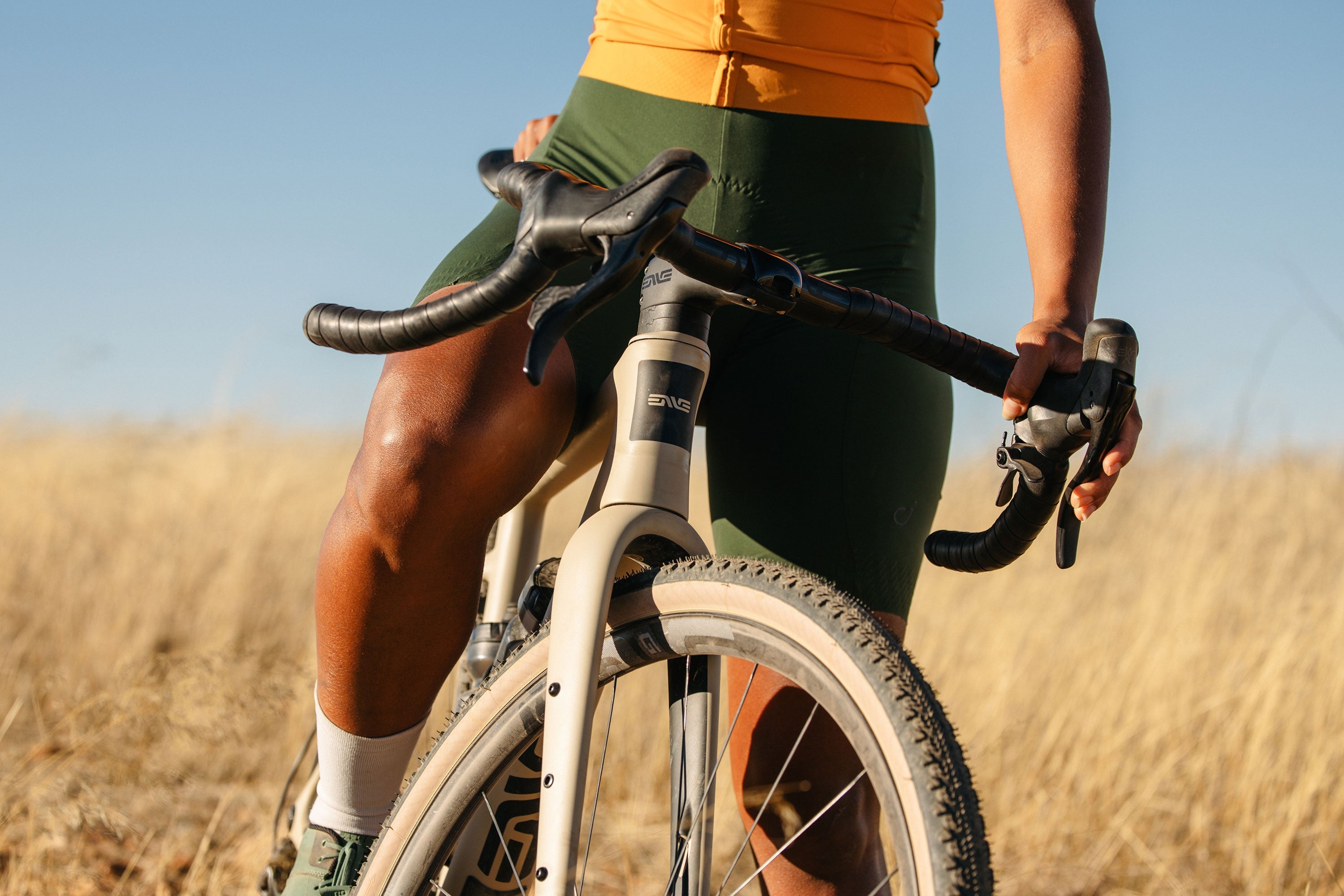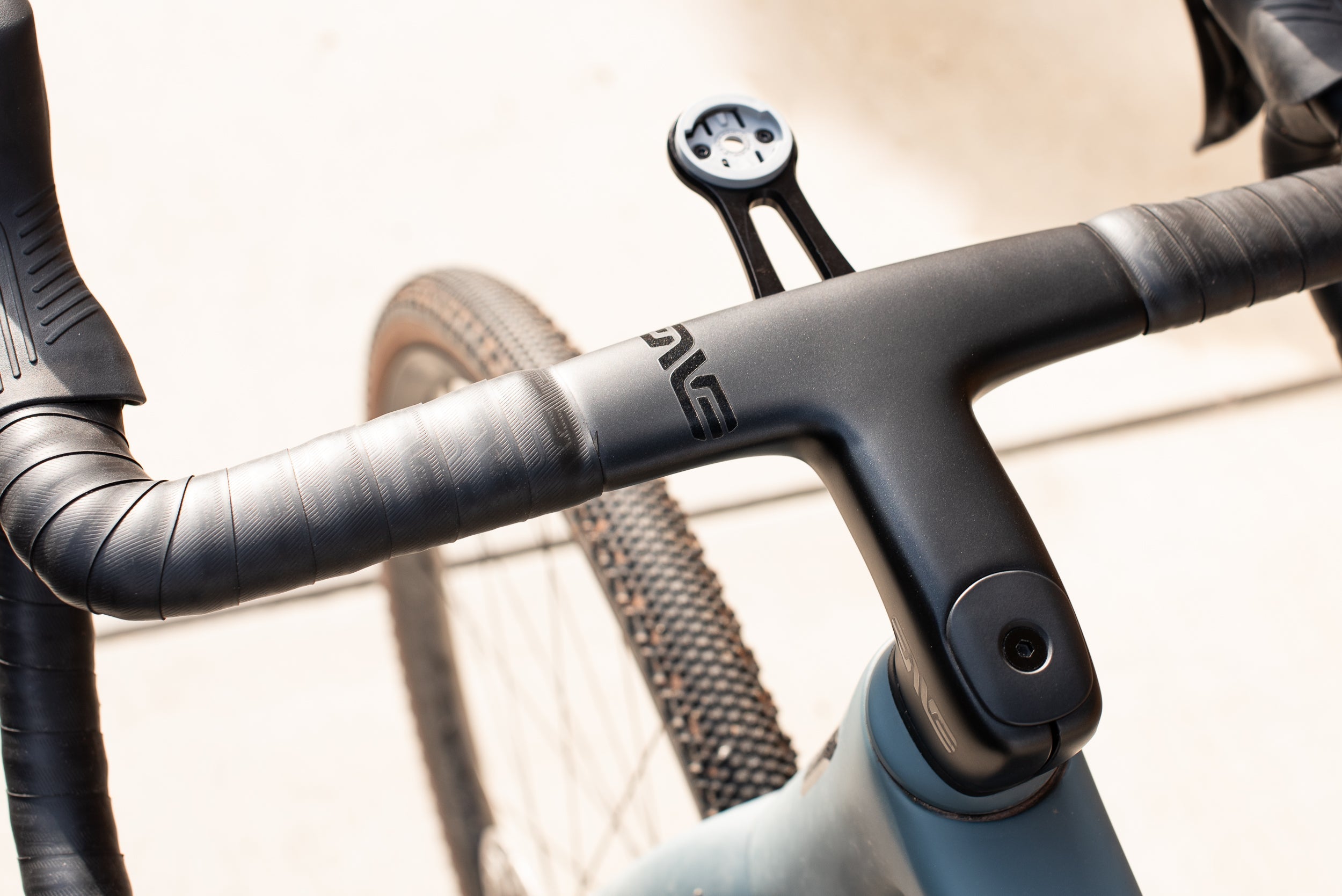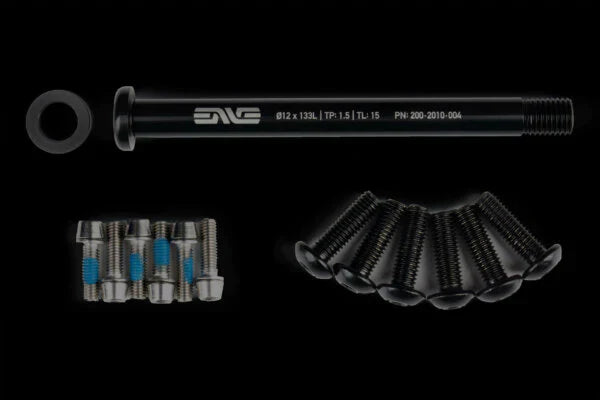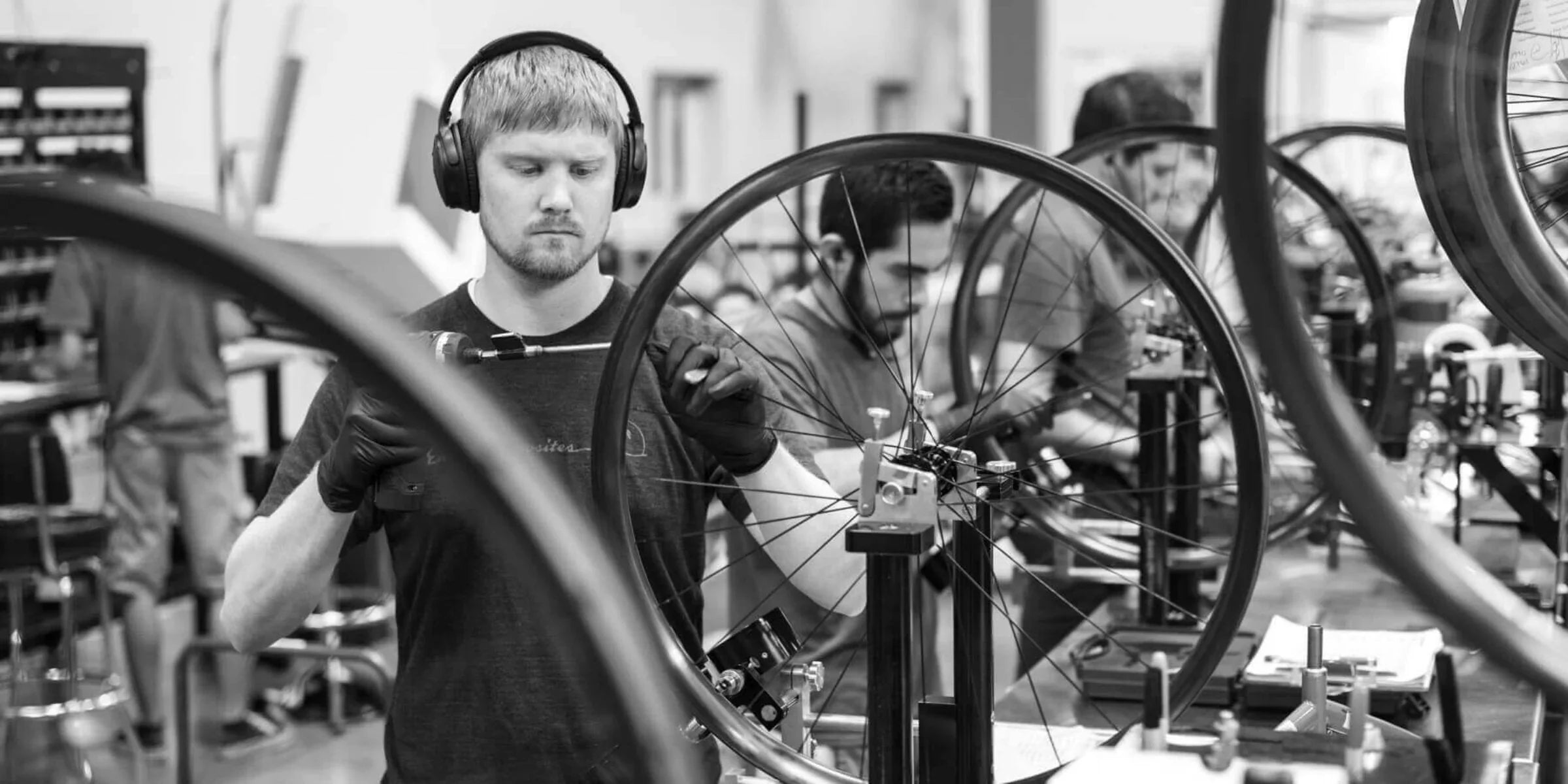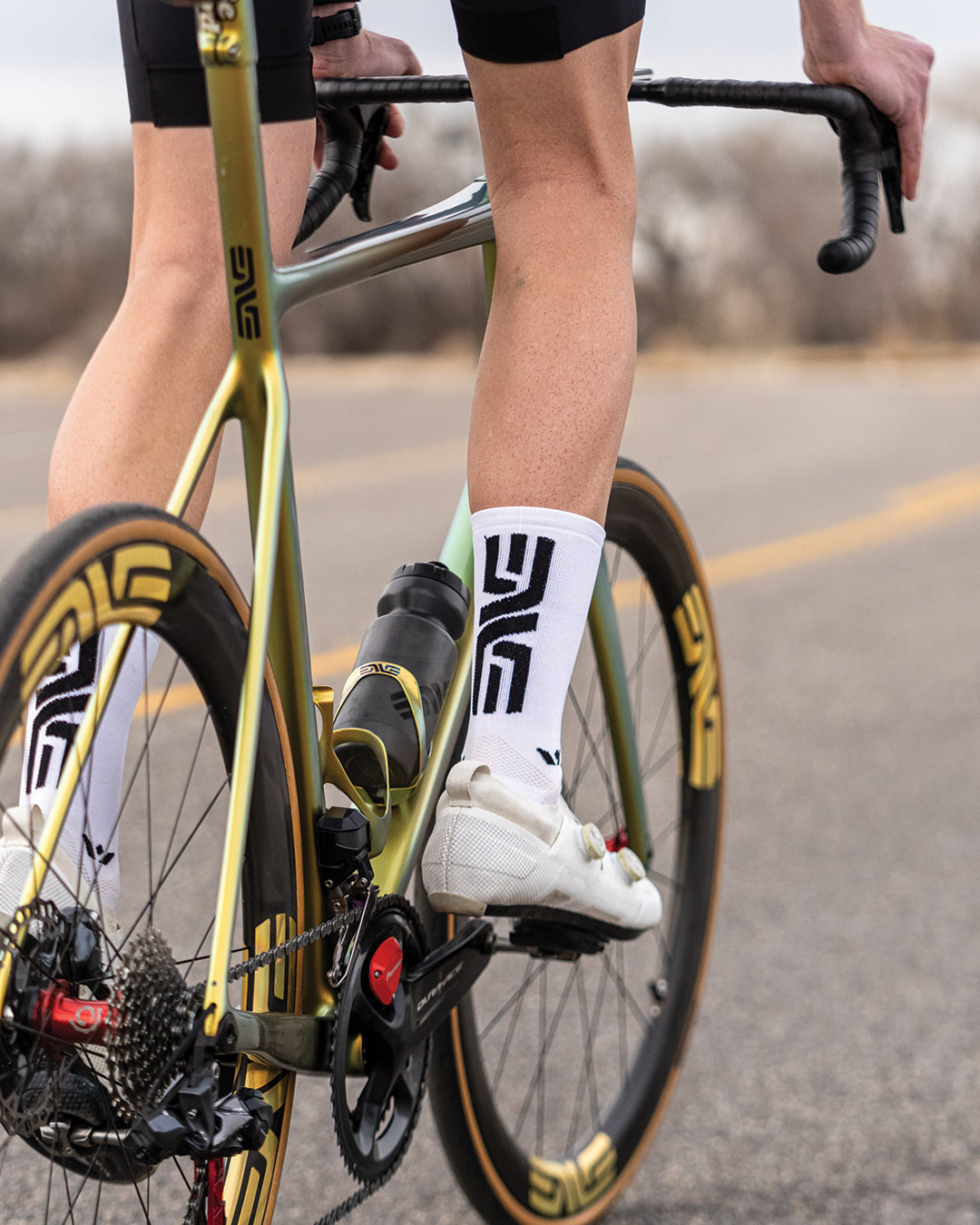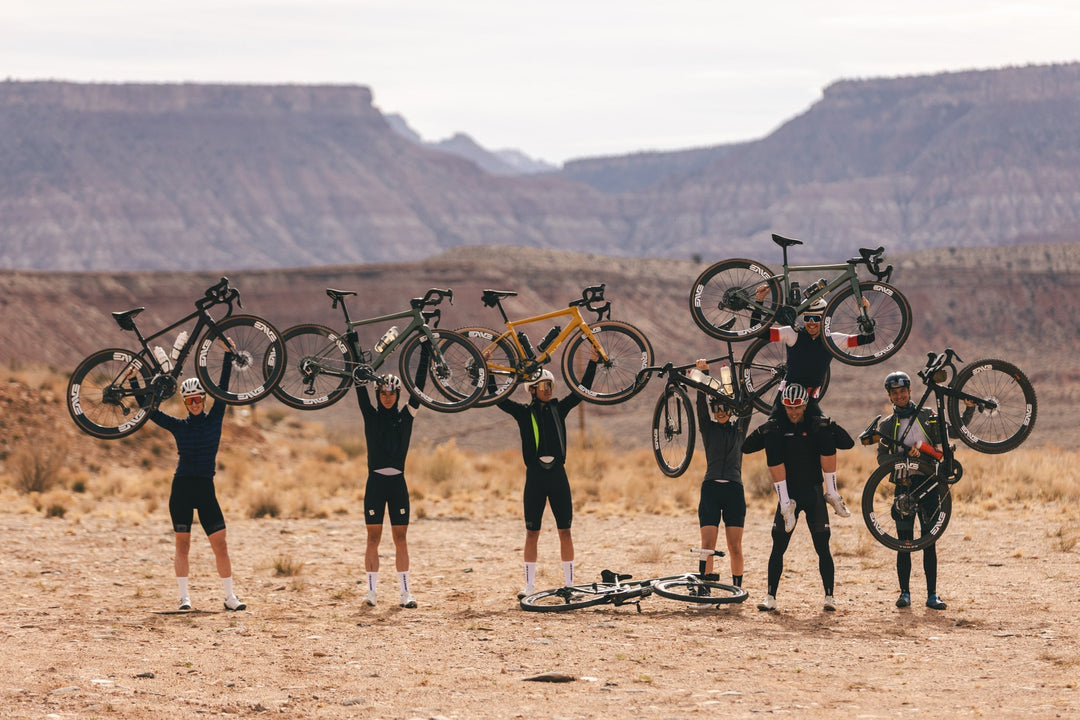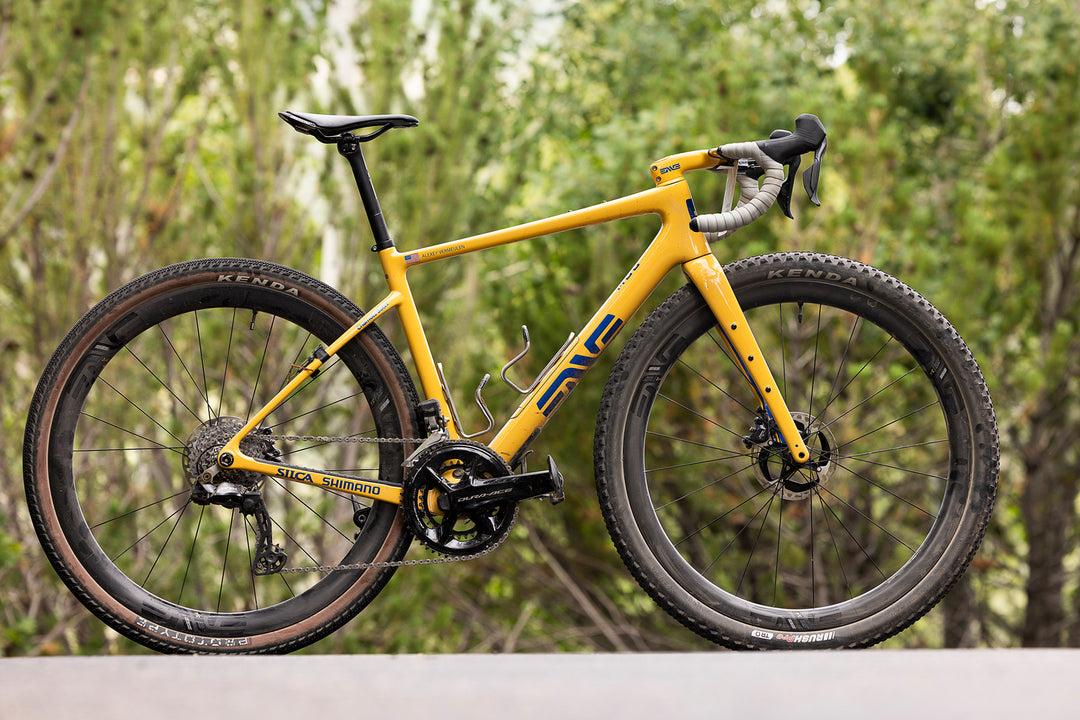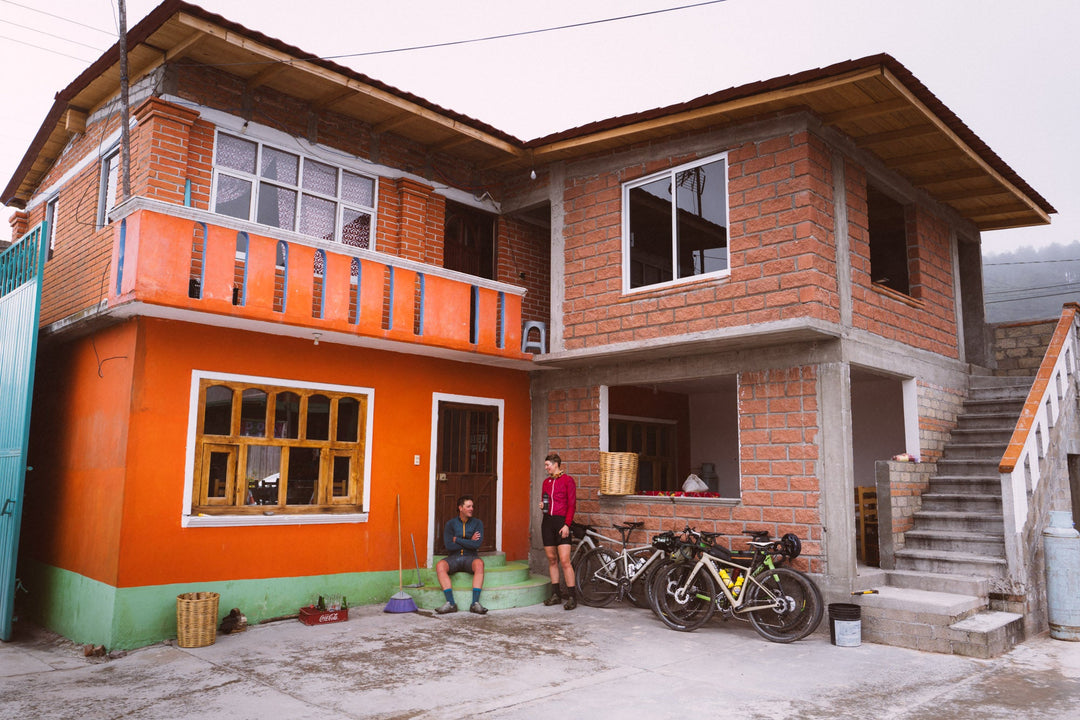Mario Mola Q&A Pt.1: Altitude Training, Domination, and Never Quitting
The ITU World Triathlon Series is a complicated and especially challenging season. Of the eight rounds, only the best five scores are counted, shifting the weighting of athletes’ priorities. It isn’t enough to achieve consistency; topping the rankings necessitates topping podiums. What’s more, the Grand Final is worth 50% more points than other rounds, so one can ill-afford to arrive depleted. In other words, a champion must be consistently brilliant.
Mario Mola has proven himself to be the master of the discipline. The double ITU world champion is having yet another sensational season (4th, 2nd, 1st, 2nd, 1st so far). With his recent victory in Hamburg, Germany, he placed both great pressure on his rivals and one hand on a third title. We caught up with the likeable Spaniard just ahead of that race to talk about his bossing of the series, mid-season training camps, and his immense ability to fight back.
Hi Mario. Congratulations on your phenomenal season so far…
Yeah, it’s been good, I can’t complain!
Well, you have a massive lead in the points.
Haha! The first race was quite crazy, in Abu Dhabi, because of the rain. The Yas Marina F1 circuit was really slippery and there were many crashes, so there are many people who have not yet scored good results towards the five that count. Until Montreal, the last of the regular season, it is hard to make predictions and know where everyone will stand, but obviously I am very happy with how things have gone until now. I have three more races, three more good opportunities to improve some of my other results. Then you really need to do a good final or you can easily be overtaken.
So you really have to manage your form very carefully for that, right?
Yes, it’s how the season has become. Until 2008 there was one World Championships, so it was one race, one day per year that you had to be good to aim for that title. Now it’s about being able to handle training loads, staying injury free… For example, there are several races close together and if you are injured then you will miss your chance to score the five races. It’s about trying to be as close as possible to 100% of your best shape.
Since 2013, when the World Series became my main focus, I feel like we have done a good job trying to be healthy and consistent during the eight months of competition. This is what gets you the opportunity to fight for the title. You really need wins and podiums to have that chance.
We don’t expect to be at 100% all year, but as good as possible through the year and then especially in September. It’s easy to run out of energy and reach the final without that extra punch to get the result you need. That race is almost like a World Championship in itself, because it counts so much, so you really need to be good there.
Where are you training right now?
We’re in the mountains, in Font Romeau, French Pyrenees (a top level athletics training facility). We’re actually in Les Angles, by the lake, where it’s slightly flatter, so it’s much more enjoyable for running and cycling. The weather is good as well.
In the past we’ve trained near Banyoles, which is also very good for cycling, but coming up here you get the extra effort with the altitude. For us, just being able to sleep well at night because it’s cooler makes a big difference. When you’re training so much you really need to rest, otherwise you can’t do one hard week after another.
What facilities do you have use of there?
We swim in a 25m outdoor pool in Matemale, which they close for us in the mornings. We switch between that and the indoor one in Font Romeau, but it’s nicer to be outside because our rooms are quite small! We are here for four weeks, so it’s a long time to be in a 10m2 room.
“I’ve always had to fight hard on the bike and deal with the run without the freshest legs, but if you want to win you have to do your work because no one else will do it for you”
How often are you there?
It depends on the schedule. In the last four years we’ve been coming here for at least four weeks. Last year we were here for almost two months with just a race in the middle. This year we’re going to try a new place that we’ve never been, Flagstaff, Arizona, in the US. We’ve heard good things about it so we thought we’d check it out before the races in Canada.
Do you ever go to really high altitude?
Here we’re at 1,600m and we train up to 2,000m. Flagstaff is a bit higher, 2,300m. We’ve never done that before, so we’ll see how it goes. At 1,600m it’s ok, but beyond 1,800m is when you have to be careful not to overdo things at the beginning of the camp. If you dig yourself in a hole it’s very hard to get out.
Tell us about your fight back in Leeds.
I had one of my best swims there but I made a mistake – when I jumped on my bike I knocked my shoe out of the pedal and had to stop to put it on, so I lost many positions. I went from almost top-10 out of the water to having to fight for 30km on the bike to reach the front guys. I was lucky that they didn’t really work together and I found the extra energy and also help in the group to bridge up. After that my running legs were not the best ones!
I am used to having to race from further back because in the past I struggled in the water. Swimming was my worst discipline. Even though I work really hard to improve it, everyone trains a lot and improves as well. I’ve always had to fight hard on the bike and deal with the run without the freshest legs, but if you want to win you have to do your work because no one else will do it for you.
When you do a mistake and you think that you don’t have any more chance, it’s easy to think that the race is over. I had to forget the mistake and prepare myself for a very hard bike. The course was really demanding, quite technical and in the center of a very hilly city, even if it didn’t look it on TV. And the run course was the same, so it was one of the hardest races I’ve done. For not giving up, it ended up paying off, so I’m happy with that second position and it’s another good score for the series.
You never know which five races are going to count, so you really try to make the most of every race. It didn’t look good after that transition but it’s how it finishes that matters. It’s human to make mistakes, you just have to keep doing the work. Sometimes the race will be gone and it won’t be your day, but other times… You just have to go to the end otherwise you will regret it afterwards.



In Hamburg, Mola again drew on that never-say-die attitude to remarkable effect. From 29th out of the water, he fought hard to reduce the lead of three cooperating leading riders to 20s in T2. Incredibly, in a Sprint distance race with just a 5km run, Mola closed down the gap and then powered straight past to win alone. In his race report he said:
“On the bike I gave everything I could to prevent the gap to the three escapees from getting too big. However, they worked very well and had an advantage at the second transition, so there was a lot of work to do in the run.
“I am very happy with how things are going so far, but I know from experience of previous years that everything is decided at the end. I’m focused on working well to be able to arrive in my best shape in September.”
In part 2 of this interview, Mola tells us about his Olympic hopes for Tokyo 2020 and the difference that ENVE product makes to his racing and training.


